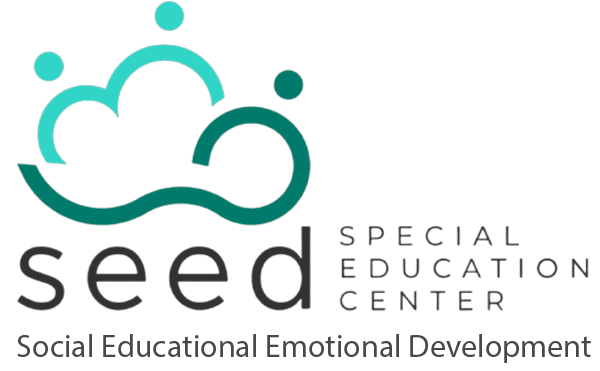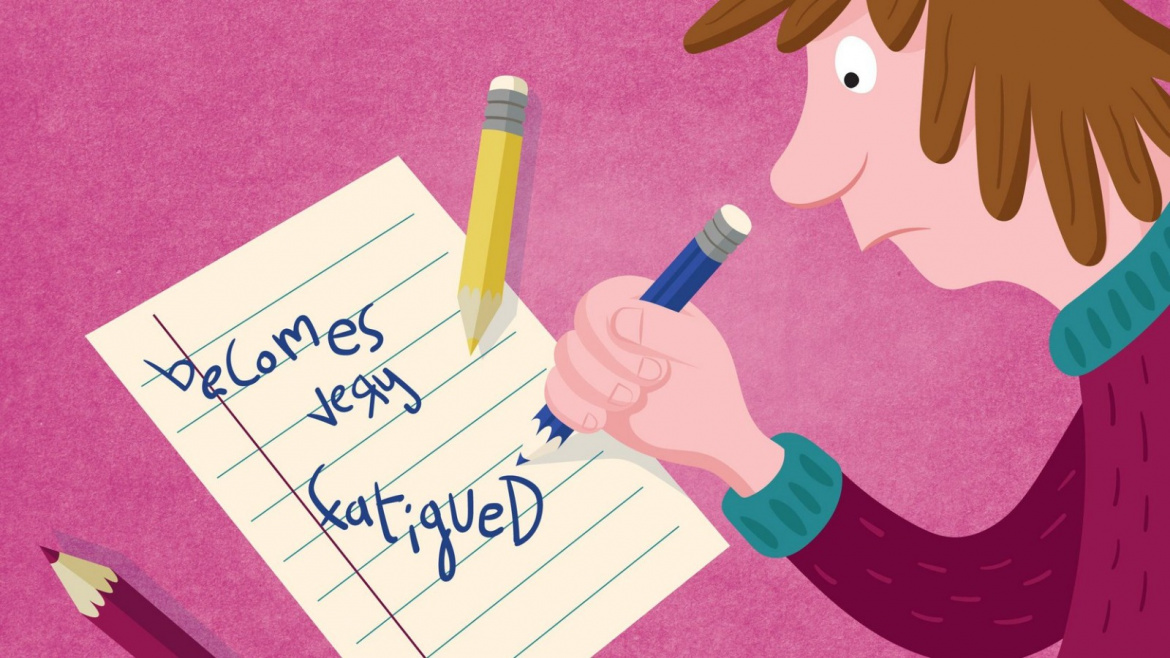Parenting is a challenging journey, and raising special needs kids adds an extra layer of complexity. Among the difficulties and joys, dysgraphia is an often overlooked aspect that can cause significant struggles for both children and parents. This discussion will focus on providing support and empathy to parents experiencing this challenging journey.
The Struggles of Dysgraphia
Parents of children with dysgraphia face significant challenges in specific areas, such as handwriting, spelling, grammar, punctuation, spacing, and composition. These difficulties can be overwhelming, and it’s understandable to feel frustrated or discouraged. As we discuss these struggles, we want to remind you that you are not alone, and there is hope for improvement.
Developing a Personalized Intervention Plan
We understand that every child with dysgraphia is unique, and developing a personalized intervention plan is very crucial to their success. Specialized paper, voice-to-text technology, and individualized techniques like structured literacy, phonics, and graphic organizers can make a significant difference in their writing skills.
Levels of Dysgraphia
Dysgraphia manifests in different levels, and it’s important to recognize the multifaceted nature of dysgraphia. We want you to know that we understand the challenges that come with each level and that we are here to support you in finding the best interventions for your child.
Strategies for Improvement
We understand that writing can be a frustrating experience for children with dysgraphia. That’s why we want to provide you with several techniques that can be implemented to help them improve their writing skills. We believe using a body-sentence alphabet method, recognizing parts of speech, and integrating sensory, motor, and language skills can significantly improve their writing abilities.
Difference between Dyslexia and Dysgraphia
We understand that understanding the differences between dyslexia and dysgraphia can be confusing. Dyslexia involves difficulty in reading, writing, and communication, while dysgraphia involves challenges in spelling and expressing thoughts in writing. We hope that this information helps you better understand your child’s needs and how to provide the right support.
Conclusion
As a community, we want to offer you our support, and encouragement as you are going through the challenges of parenting a child with dysgraphia. We believe that with personalized interventions, empathy, and support, your child can surely overcome their struggles.
As a community, how can we support them further and make the possible resources available to parents experiencing the journey of dysgraphia with their special children?
Anamika
“Seed has been a game-changer for our family. The dedicated educators and personalized interventions have empowered our child with dysgraphia to overcome challenges. Witnessing the progress and enthusiasm for learning is truly remarkable.”
Prathyush
“As parents of a child with dysgraphia, finding Seed was a blessing. The individualized attention and specialized strategies have made a significant impact on our child’s academic journey. Seed truly understands and addresses the unique needs of children with dysgraphia.”

